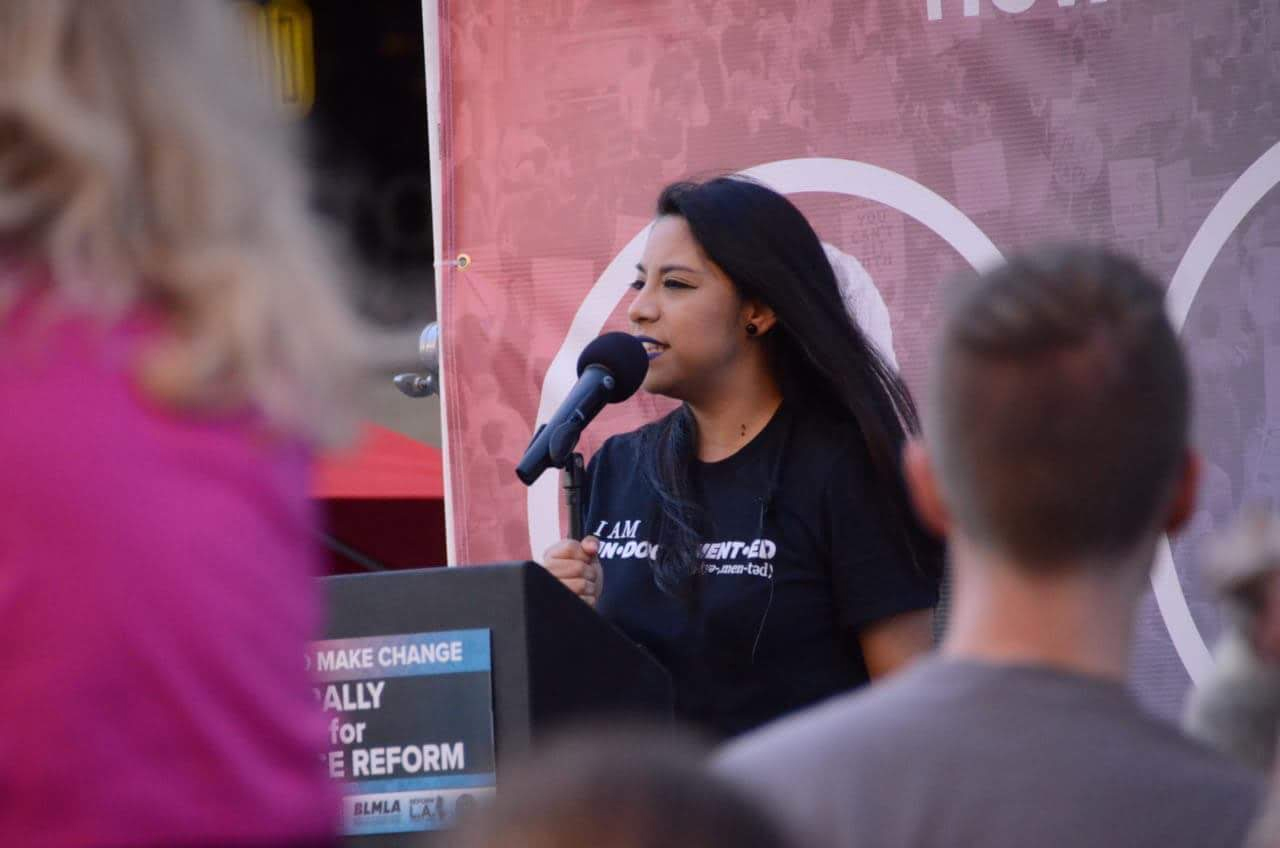Deferred Action for Childhood Arrivals
By Lizbeth de la Cruz and Robert McKee Irwin
Problem
A subgroup of migrants who arrived to the United States as minors has since 2012 been permitted to register with the federal government for temporary protection from deportation through the Deferred Action for Childhood Arrivals (DACA) program. This program offers them some benefits, but no long-term certainty about their legal status in the United States. In addition, although the US Supreme Court recently ruled to disallow the program’s immediate cancellation by the current presidential administration, there is no guarantee that the program will not be shut down soon. Moreover, DACA, which covers only certain childhood arrival profiles, does not fully address the ethical dilemma implied in subjecting those who migrated as children to harsh penalties such as deportation.
Solution
DACA should promptly be reformed into a program offering a pathway to legal permanent residency and citizenship for all migrant childhood arrivals who grew up in the United States. This would include not only those already registered into the DACA program, but also childhood migrants who do not meet all of the current DACA criteria. In addition, as indicated in Migrant Narrative: Deported Childhood Arrivals, those childhood arrivals who have previously been deported should be permitted to return legally to the US, with options available to obtain legal permanent residency and citizenship.
Observations
The following digital stories of migrants enrolled in DACA make clear the ways in which this program has benefited them, while also drawing attention to some of its shortcomings.
Gloria Contreras, a student at UCLA, describes how the DACA program has positively impacted her life, opening up options to pursue higher education with diverse options for career paths. In her digital story, she describes how her experience of coming of age undocumented in the United States has shaped her tenacity to accomplish her dreams. Her DACA status provided relief to living a life in limbo with a fear of repeating the uncertainties long faced by her parents. Thanks to DACA, she is realizing her goal of becoming a cartoonist. This does not mean that the route will be easy. Even paying in-state tuition, her expenses, including room and board, are well beyond the means of her parents, who are afraid to expose themselves by applying for a bank loan. She is thus forced to return home and work in the fields during her summers. Nonetheless, she is grateful that she can work legally toward a better future.

Another migrant, who in her digital story identifies herself only by her first name, Karen, emphasizes the uncertainty that she continues to feel even while protected by DACA. While she is happy to be given the opportunity to study and pursue her dream of becoming an aerospace engineer, the constant threat of the program’s demise leaves her anxious. She is concerned that the false image of immigrants’ being criminals will destroy the opportunities for so many “young adults wanting to study, serve [in] the military, work and provide back to the country we now call home.”
Karla Estrada’s two-part installment highlights key moments of the undocumented youth movement. In her first installment, she recalls being told by a high school counselor that she should “go back to Mexico” since as an undocumented migrant she would not be able to attend college in the US. However, in community college, she became empowered as she met other undocumented youth. She recounts her participation in the undocumented youth movement that, after much struggle, persuaded then president Barack Obama to establish DACA to help undocumented young migrants transitioning to adulthood. Activists like Estrada who participated directly in writing the text of what became Obama’s executive order were thrilled to gain access to higher education and to obtain legal job opportunities without fear of deportation. The implementation of DACA was without a doubt a victory for the undocumented youth movement, which they hoped would be a stepping stone toward greater immigration law reform. Unfortunately, this has not been the case.

Only later, as she recounts in the second installment to her story, after the deportation of her younger brother (who had been enrolled in DACA, but was later disqualified), did she realize that DACA’s focus on the most accomplished migrants effectively criminalizes those childhood arrivals who do not meet all its eligibility criteria. This consequence has been devastating for her family, as her undocumented parents chose to voluntarily repatriate in order to help her brother adapt to life in Mexico where he was alone and without any experience. Now as the only family member left in the US, this family separation weighs heavily on her. She now also realizes that while DACA seemed like an important gain at the time, the fact that eight years later there is still no path for residency or citizenship for childhood arrivals dims her enthusiasm for it. In addition, she remains concerned that DACA has not led to opening doors for other migrant profiles.
These stories make clear that DACA, while offering important protection to a select group of young migrants, is inadequate in several different ways. Not only does it leave those enrolled vulnerable to its cancellation at any moment, which could effectively lead to their deportation, but it also excludes many other childhood arrivals, for whom deportation represents an incredibly harsh consequence, one that it is difficult to ethically justify. It is therefore important not just to ensure that existing protections are extended for those enrolled in DACA, but to enact new policies that will offer paths to permanent residency and citizenship for childhood arrivals, including those not currently protected by DACA.
